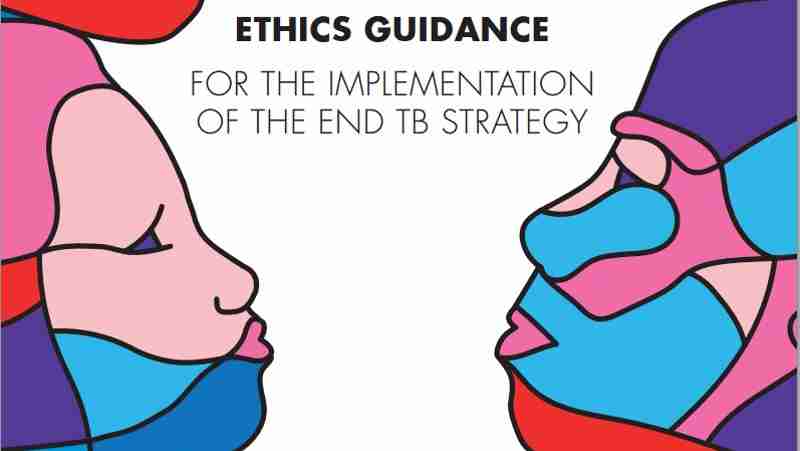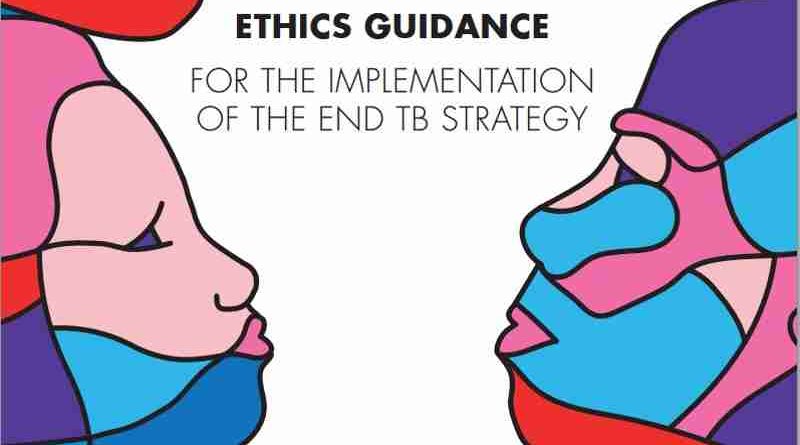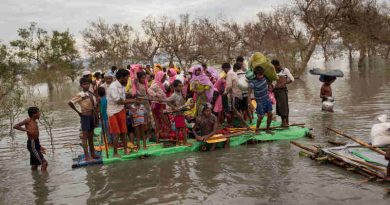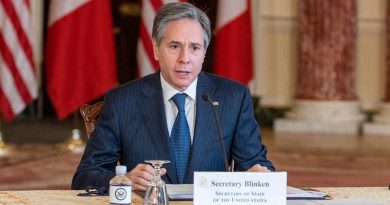WHO Issues Ethics Guidance to Protect Rights of TB Patients

New tuberculosis (TB) ethics guidance, launched by the World Health Organization (WHO), aims to help ensure that countries implementing the End TB Strategy adhere to sound ethical standards to protect the rights of all those affected.
TB, the world’s top infectious disease killer, claims 5 000 lives each day. The heaviest burden is carried by communities which already face socio-economic challenges: migrants, refugees, prisoners, ethnic minorities, miners and others working and living in risk-prone settings, and marginalized women, children and older people.
“TB strikes some of the world’s poorest people hardest,” said Dr Margaret Chan, WHO Director-General. “WHO is determined to overcome the stigma, discrimination, and other barriers that prevent so many of these people from obtaining the services they so badly need.”
Poverty, malnutrition, poor housing and sanitation, compounded by other risk factors such as HIV, tobacco, alcohol use and diabetes, can put people at heightened risk of TB and make it harder for them to access care.
According to WHO, more than a third (4.3 million) of people with TB go undiagnosed or unreported, some receive no care at all and others access care of questionable quality.
The new WHO ethics guidance addresses contentious issues such as, the isolation of contagious patients, the rights of TB patients in prison, discriminatory policies against migrants affected by TB, among others.
It emphasizes five key ethical obligations for governments, health workers, care providers, nongovernmental organizations, researchers and other stakeholders to:
- provide patients with the social support they need to fulfil their responsibilities
- refrain from isolating TB patients before exhausting all options to enable treatment adherence and only under very specific conditions
- enable “key populations” to access same standard of care offered to other citizens
- ensure all health workers operate in a safe environment
- rapidly share evidence from research to inform national and global TB policy updates.
Protecting human rights, ethics and equity are principles which underpin WHO’s End TB Strategy.
This year, World TB Day (March 24) signals new momentum at the highest levels with the announcement of the first ever Global Ministerial Conference on Ending TB, which will be held in Moscow in November 2017.
The Conference will inform the UN General Assembly high-level meeting on TB which will be held in 2018.
Photo courtesy: WHO





